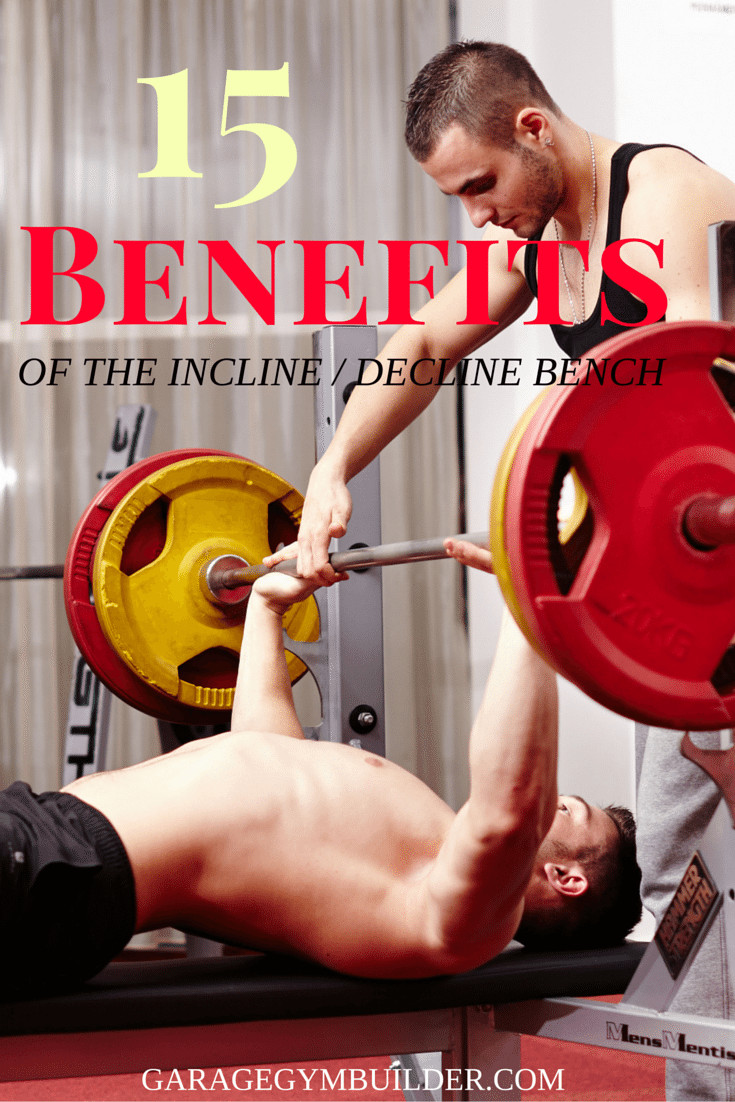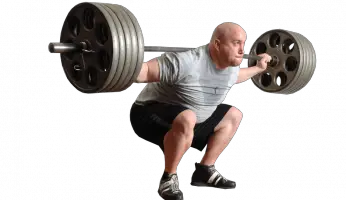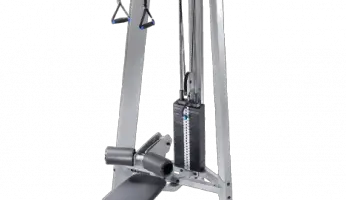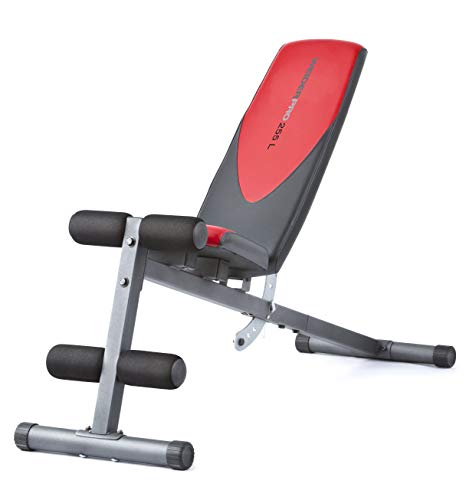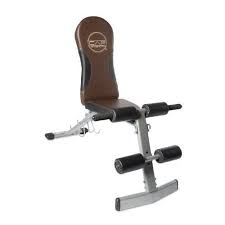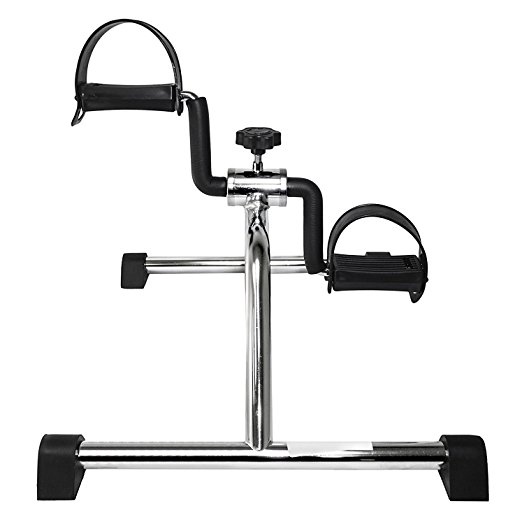15 Benefits of the Incline VS Decline Bench
updated January 1, 2019
What does a decline bench press do? What is the difference between the incline vs decline bench? People have been asking these questions for as long as this type of equipment has existed. The bottom line is this: the difference between the incline and decline bench is in the muscle groups they target. If you want a big, bulky upper body profile do incline presses. If you want the sharp line of demarcation undercutting your pecs all bodybuilders, do decline presses. If you want a balanced appearance it’s not a matter of incline vs decline bench: do both.
15 Benefits of Incline VS Decline Bench
Both types, incline vs decline bench deliver their own benefits. If you want a balanced appearance you won’t be doing one without doing the other and you’ll mix in some weight bench leg exercises too. So here, in no particular order, are 15 benefits delivered by decline and incline benches.
Benefits of a Decline Bench
1. Increase activation of the pecs
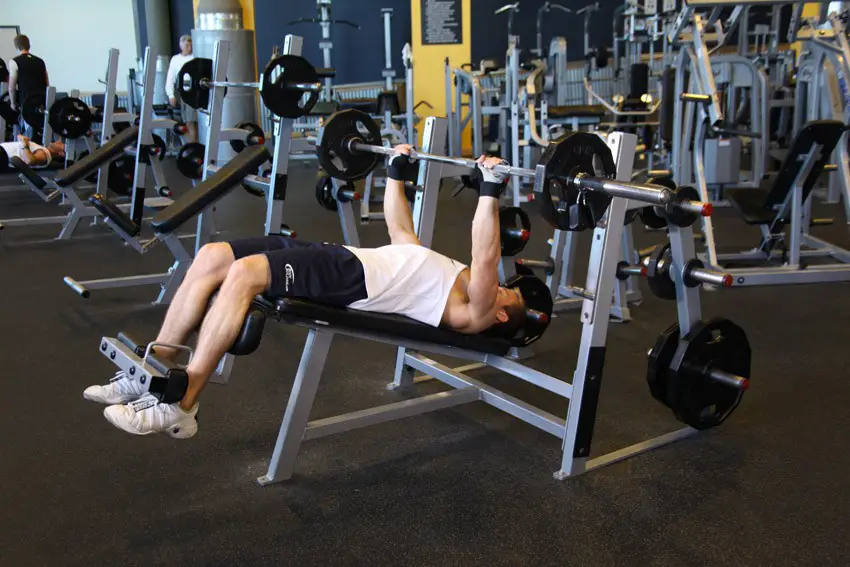
source: http://www.bodybuilding.com/
Pressing on a decline bench as an option from incline vs decline bench shifts stress from the shoulder to the pecs which promote their development and contribute to a better definition.
2. Lift more weight
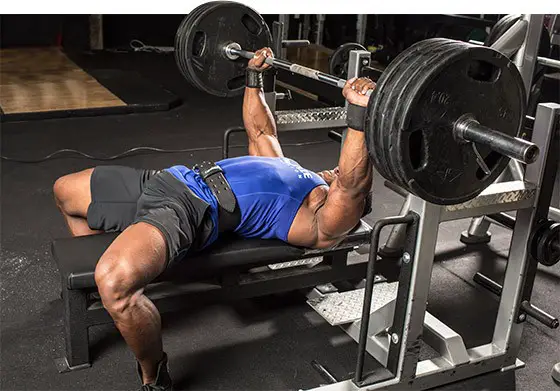
source: http://bodybuilding.com/
Lifting at a declining angle stimulates muscle fiber to a greater degree than flat presses allowing you to build additional bulk and lift larger amounts.
3. Muscle Beach here we come
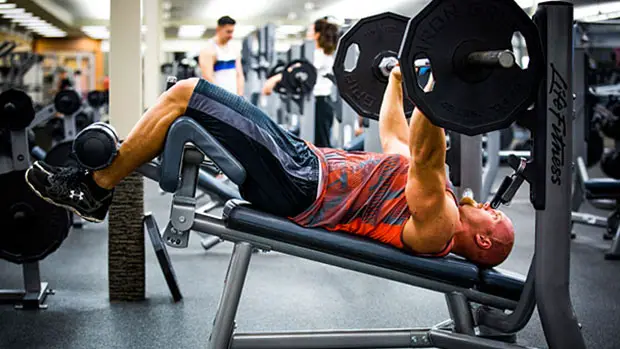
source: http://www.t-nation.com/
The declining bench press activates the lower pecs and helps create size and definition across the base of the chest mass ala classic Charles Atlas pics.
4. Reduce lower back stress
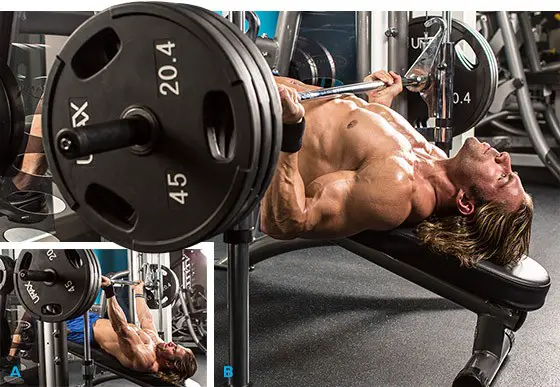
source: http://www.bodybuilding.com/
Arching the back during a standard bench press can create incredible and unnatural stresses on the lower back when choosing this incline vs decline bench option. One of the benefits of a decline bench is that much of this stress is alleviated.
5. Reduce shoulder pain

source: http://bodybuilding.com
The other half of activating your pecs as mentioned above is reducing stress on your shoulders, which comes once this option from the incline vs decline bench clash is chosen. A decline bench will remove most of the shoulder motion that causes pain on a flat bench and redirect the force to the pecs where it can do some good.
6. Increase versatility
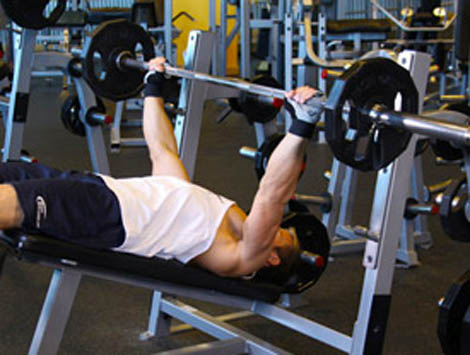
source: http://www.build-the-body.com
Moving your hands just a bit will shift the focus to other muscle groups and allow you to broaden the impact of your workout with minimal effort.
7. Take your shoulders out of the mix
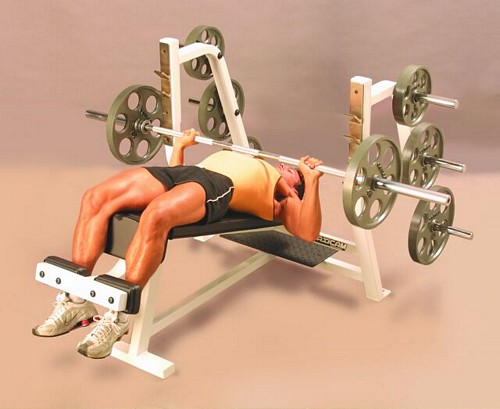
source: http://true-natural-bodybuilding.com
Shoulder mobility can interfere with weighted dips but is a non-issue when working off a declining bench.
8. Get the most out of your effort
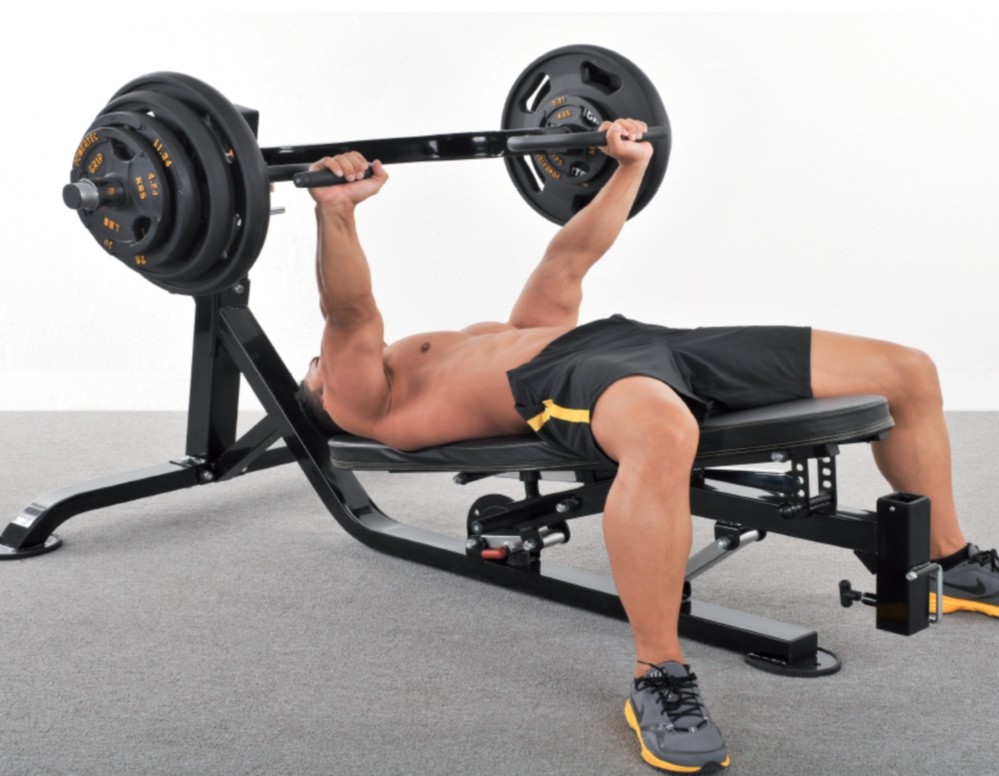
source: http://samsfitness.com.au/
Muscle activation has been shown to increase significantly with the decline vs flat bench press. So if you want to get the most bang for your exercise buck, tip the bench down.
Benefits of Incline Bench Press
9. Mass, mass, mass
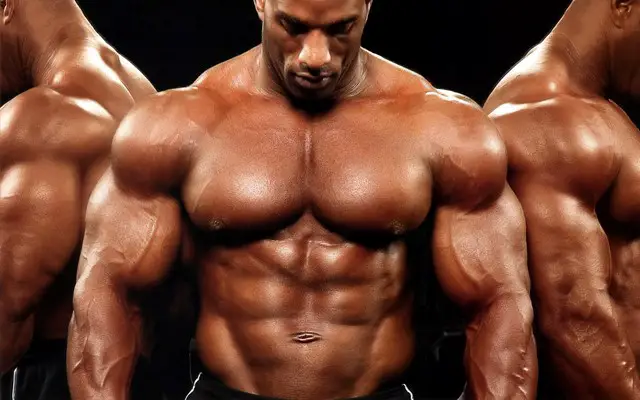
source: http://www.t-nation.com/
When deciding between incline vs decline bench remember the inclined will activate your upper pecs better. If what you’re after is a classic Arnie-type upper body you’ll want to hit the incline bench hard and keep at it.
10. The other way to relieve stress on the back
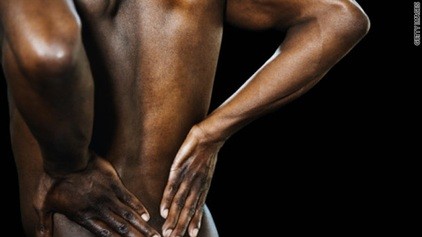
source: http://www.oricla.eu
As with the decline, one of the main benefits of the incline bench is that it will remove stress from your lower back; the kind produced when doing presses on a flat surface.
11. It’s a nice break
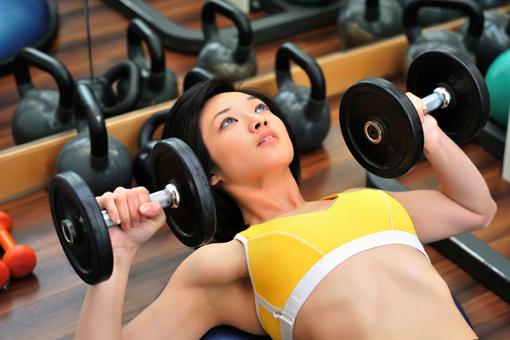
source: http://www.vtsprawl.org/
It’s important not to burn out mentally during a routine. Your mind plays such an enormous role in your ability to exercise effectively that you need to respect that and give it a break from the monotony of the flat bench every once in a while.
12. Build extra muscle
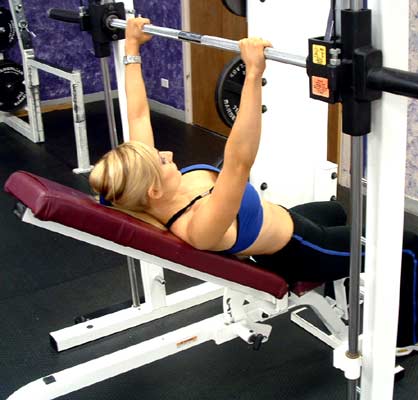
source: http://www.bodybuilding.com
The extra muscle mass you add on either an incline or decline bench can be put to use when you hit the flat bench again.
13. Develop greater focus

source: http://www.menshealth.co.uk
Heightened awareness of particular groups of muscles involved in the bench press is an important benefit of working on an incline bench. Better understanding your body and how it works will help you in many ways going forward.
14. Work otherwise underutilized muscles
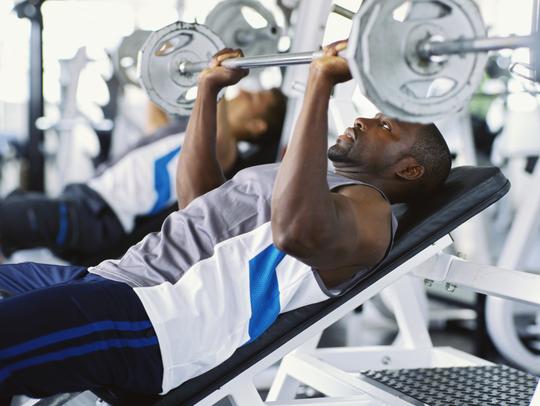
source: http://livehealthy.chron.com/
The incline bench press benefits not only the upper clavicular pecs but give plenty of work to the delts as well.
15. Balance, balance, balance
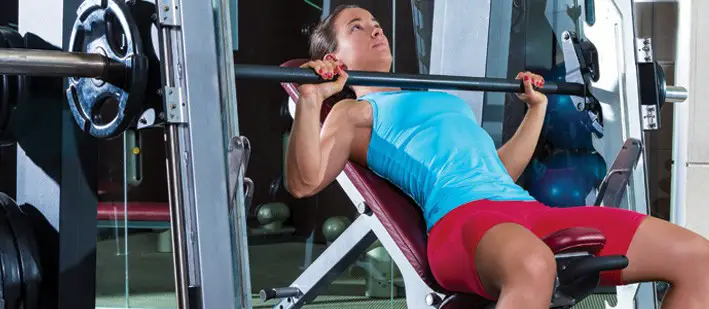
source: http://www.fitnessrepublic.com
Who wants a bottom-heavy chest? Make sure you balance any work you do on the decline bench with work on the incline bench in order to achieve a more natural shape to your upper body.
The Correct Angle for Incline vs Decline Bench Press
The higher the incline press angle the more you’ll be engaging your shoulders in the lifting process which can lead to shoulder strain/pain if you overdo it. Likewise the incline bench press vs flat bench press you go the more you engage your lower back which can lead to strains in that area. To start, many advise a middle of the road angle of about 30 degrees to balance the muscles used when bench pressing on an angled bench. Once you acclimate you can vary things a few degrees, this way or that depending on the versatility of your equipment.
With your decline bench press form, it’s largely the same. You don’t need to set your bench to an extreme angle in order to enjoy the benefit of the decline bench press. Common settings are anywhere from 15 to 45 degrees with 45 being somewhat on the extreme side. Remember the more extreme the angle the busier your brain will be trying to keep everything in balance. You want a quiet mind while lifting so stay away from the extreme angles and enjoy yourself.
Check out our massive guide if you’re interested in getting a weight bench for your personal home gym. If you want to learn more about the differences between incline vs decline bench, or other types of benches you can learn about ab sit up benches here. All information in the mentioned articles is up to date.
